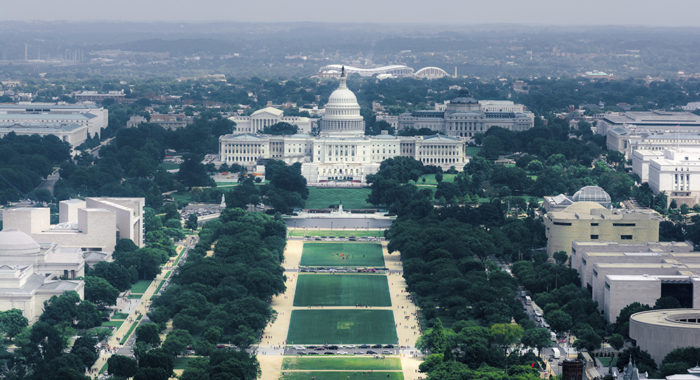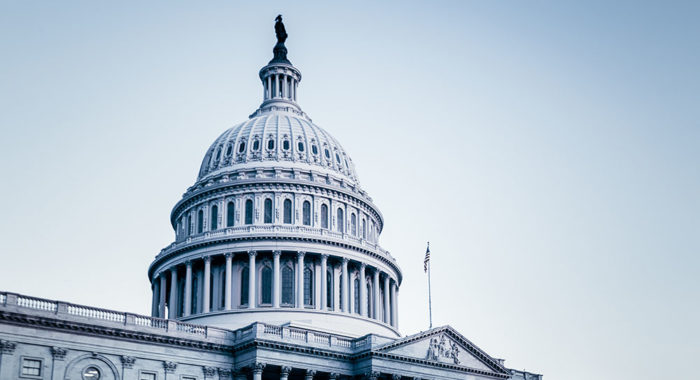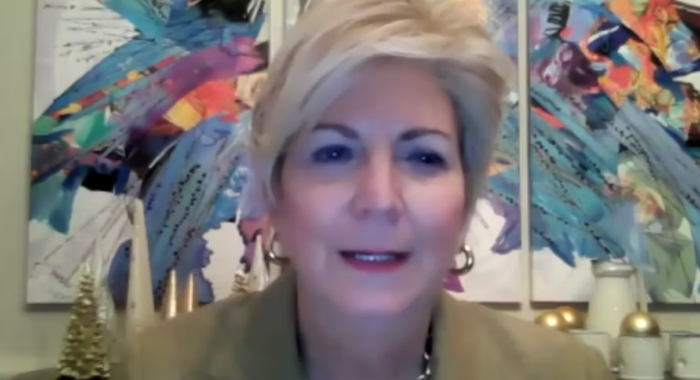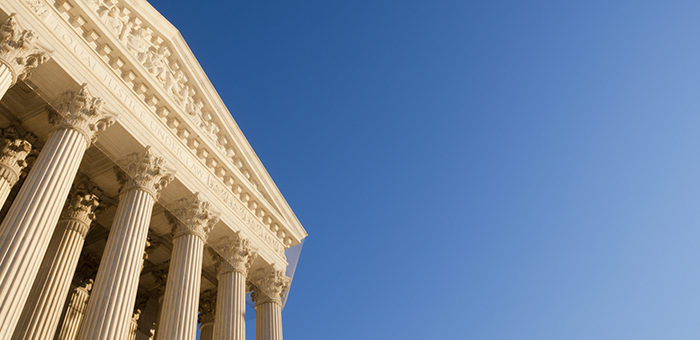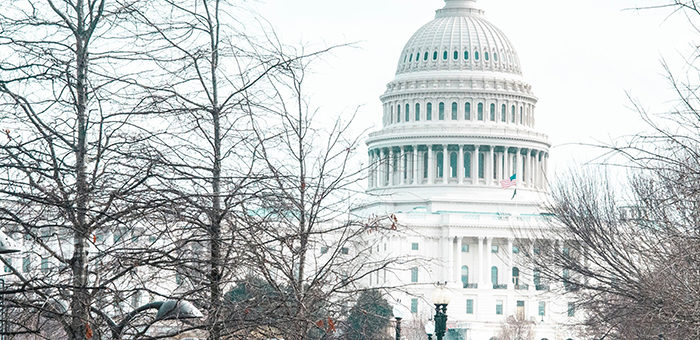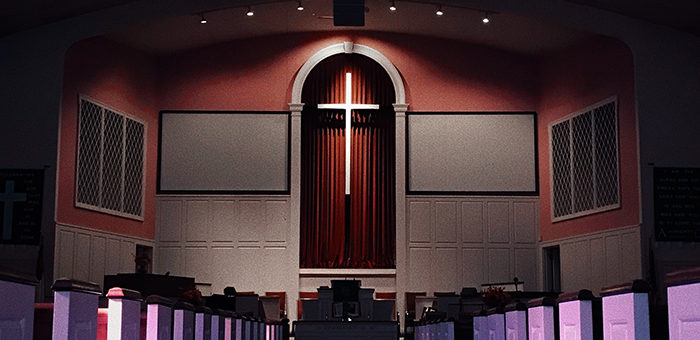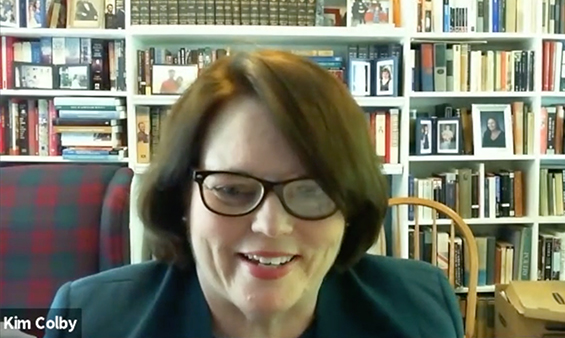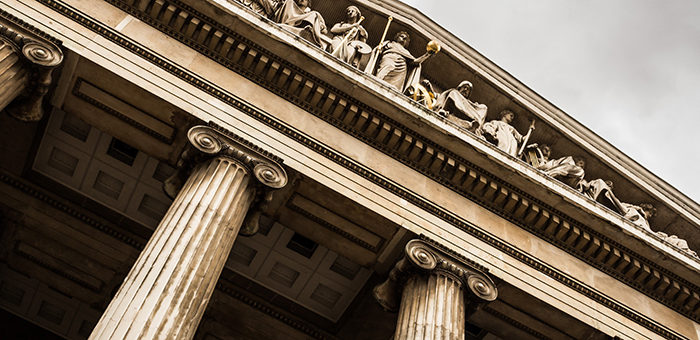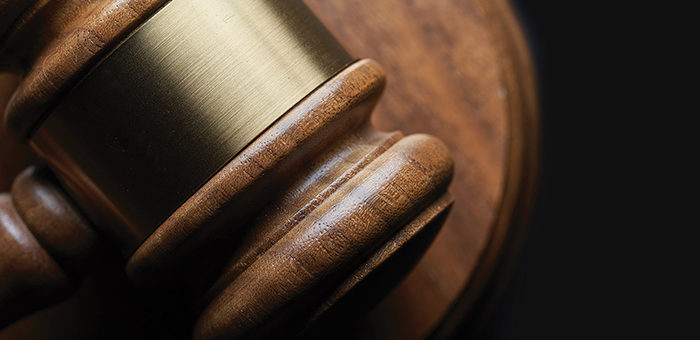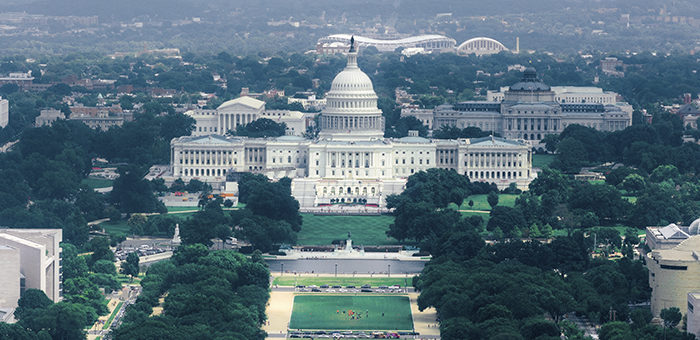There is a lot of conventional wisdom about the origins of religious freedom in the United States that isn’t true, says church-state expert Carl Esbeck in Today’s Conversation podcast with NAE President Leith Anderson. Knowing the real history helps us better understand our current context and future challenges.
Based out of the University of Missouri, Carl has published widely in the area of religious liberty and church-state relations. He has also served as NAE legal counsel since 2002. In this podcast, you’ll learn:
- How different states handled the relationship between church and state in early America;
- Who were the “religious dissenters” that played a prominent role in shaping today’s church-state framework;
- Why the U.S. structure is so unique; and
- How early American church-state history applies to our current context.
Read a Portion of the Transcript
Leith: Is the United States the first to do this [disestablishment of religion]? Many European countries still have established churches. Has any country ever had the level of religious freedom that the United States was embarking on in its early century?
Carl: America is unique. In fact, disestablishment of religion is America’s only contribution to political philosophy. America was the first to try items of political philosophy, but they had their origin in Europe like separation of powers. Disestablishment of religion is unique to America. It was thought up here and first practiced here. With just cause, we can say that Americans’ strength in religion — even to this day, even though we’re a modern, industrial nation — is because we disestablished. After we disestablished here in the states, religion exploded and became very strong whereas in Europe, where they continued with established churches, indeed, establishment was bad for religion and religion declined.
Share the Love
If you enjoyed the program, please rate it on iTunes and write a brief review. That will help get the word out and raise the visibility of the show.
Relevant Links/Resources
Today’s Conversation is brought to you by National Marriage Week.

Carl H. Esbeck is R. B. Price Professor and Isabelle Wade & Paul C. Lyda Professor of Law emeritus at the University of Missouri. He also serves as legal counsel for the National Association of Evangelicals. Esbeck publishes widely in the area of religious liberty and church-state relations. While directing the Center for Law & Religious Freedom, he was a central part of the congressional advocacy behind the Religious Land Use and Institutionalized Persons Act of 2000 (RLUIPA). Esbeck attended Cornell University School of Law where he graduated magna cum laude.
Leith Anderson is president emeritus of the National Association of Evangelicals and pastor emeritus of Wooddale Church in Eden Prairie, Minnesota. He served as NAE president from 2007–2019, after twice serving as interim president. He served as senior pastor of Wooddale Church for 35 years before retiring in 2011. He has been published in many periodicals and has written over 20 books. Anderson has a Doctor of Ministry degree from Fuller Theological Seminary, and is a graduate of Moody Bible Institute, Bradley University and Denver Seminary.




 View All Podcasts
View All Podcasts 







